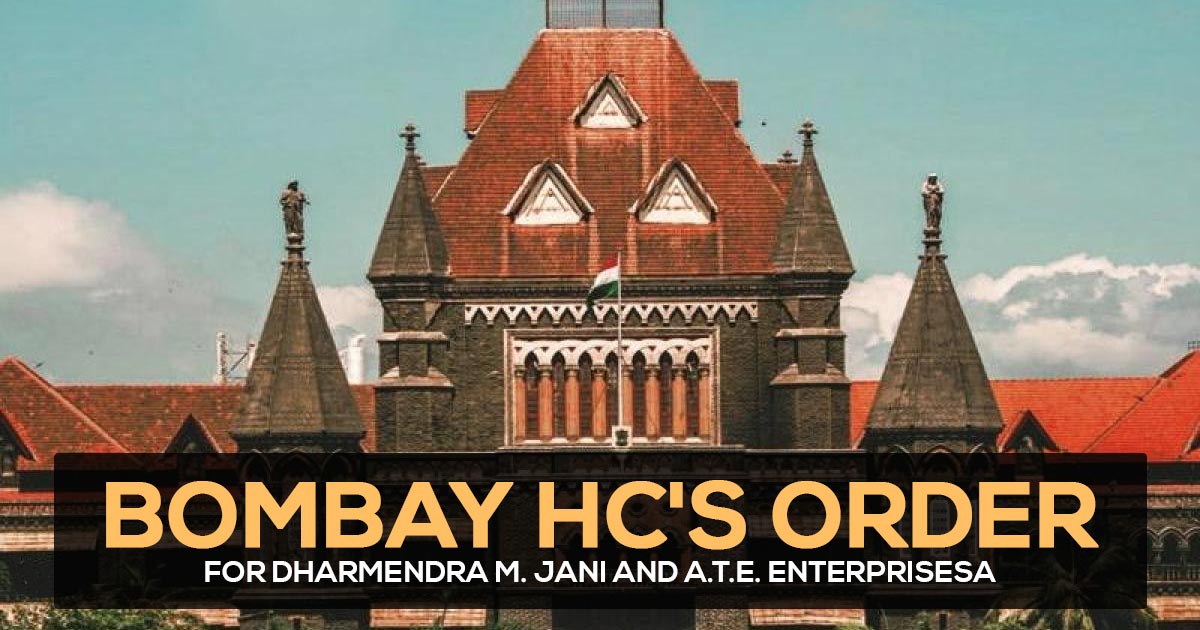
The Bombay High Court has recently decided on the constitutionality of provisions within the Goods and Services Tax (GST) laws that pertain to the taxation of intermediary services provided to clients outside India.
However, the court did not give any specific insights regarding the type of tax—whether it would be the central goods and services tax (CGST), state GST (SGST), or integrated GST (IGST)—that would be levied on these services rendered by intermediaries, such as agents, brokers, or middlemen, to clients located outside India.
The major issue at hand is whether such commissions can be liable to taxation under the GST regime when the services are consumed outside India, and if so, which tax would be applicable—IGST, CGST, or SGST.
Presently, these services are taxed under the provisions outlined in the IGST Act, but they are also subjected to SGST and CGST. Section 13(8)(b) of the provision has created an exception for these services, wherein they are not treated as exports, despite being consumed outside India.
Consequently, these services do not benefit from the zero tax liability afforded to pure export services. This provision implies that even if an intermediary provides services outside India, they will be deemed to have been provided within the jurisdiction where the service supplier is registered.
The constitutional validity of this provision, along with another provision Section 8(2), which states that the supply of services where the supplier’s location and the place of service provision are in the same state should be treated as an intra-state supply—was previously brought before the Bombay High Court.
The division bench of the court was split on the matter, with one judge upholding the constitutional validity of the provisions, while the other judge considered them to be ultra vires. The case was then referred to a third judge.
Read Also: Bombay HC Cancels Law Proceedings on Assessee Due to Portal Failure
In April, the third judge upheld the constitutional validity of the provisions after hearing a number of petitions, provided that their application is restricted to the IGST Act only.
Accordingly, the court determined that the central government cannot impose CGST, and the states cannot impose SGST on these services. The matter was subsequently referred back to the Bombay High Court.
On Tuesday, the court confirmed the constitutional validity of these provisions. However, it did not address the specific tax that would apply to these services.
Abhishek Rastogi, lawyer and founder of Rastogi Chambers, argued before the Bombay High Court representing the petitioner. He said that while the high court’s ruling favours the constitutionality of the place where intermediary services are provided, there is still a need for clarification and amendment about the tax that would apply to such services where both the provider and the recipients are located in the same state.
Read the Bombay High Court Order









